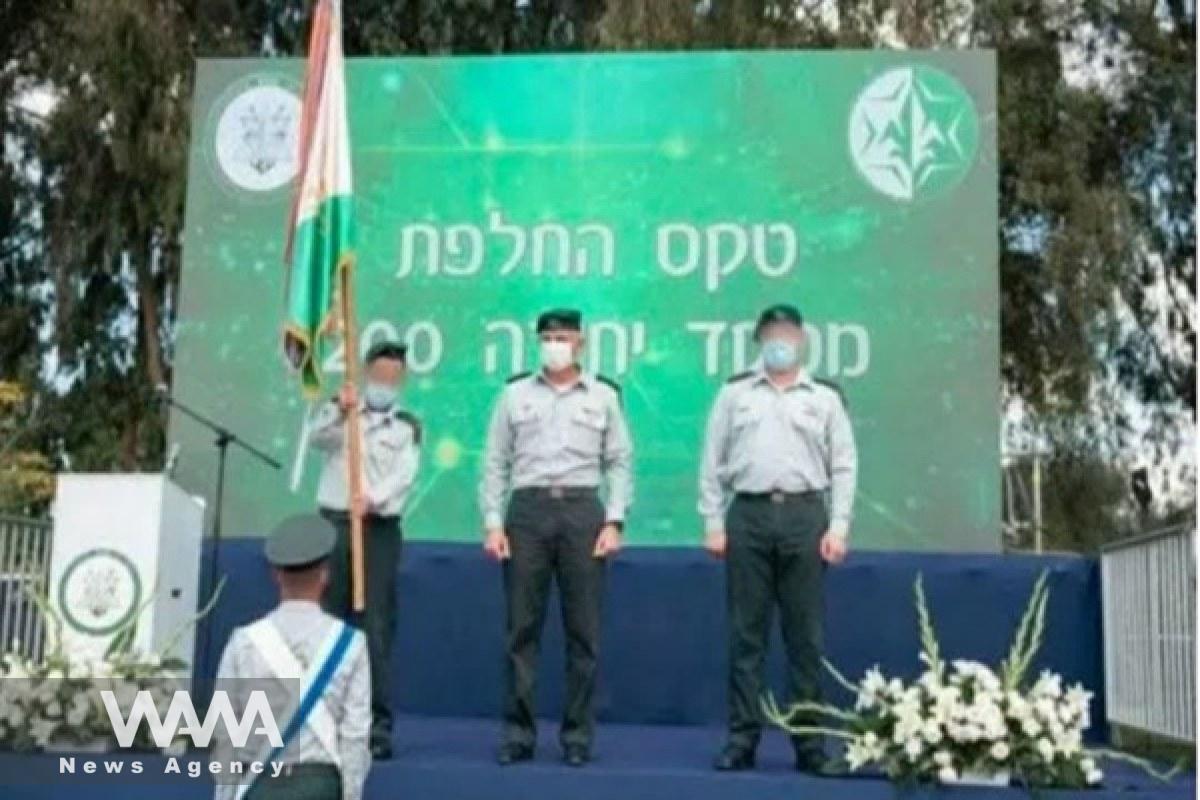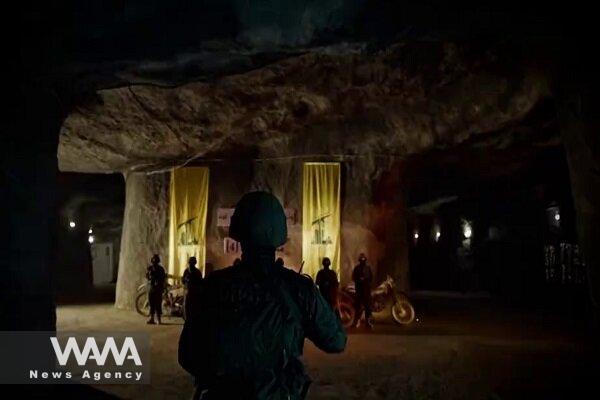Unit 8200: Israel’s Intelligence Backbone Under the Shadow of Failures and Hezbollah’s Threats
WANA (Aug 26) – In recent days, Hezbollah has launched heavy attacks against Israeli targets, including military bases and defense systems such as the Iron Dome. One of the primary targets of these attacks was Unit 8200, located in northern Israel. These attacks followed the assassination of senior Hezbollah commander Fuad Shukr by Israel and demonstrated Hezbollah’s capability to accurately target Israel’s key infrastructure. This situation has once again raised questions about Unit 8200’s readiness to confront future threats.
Unit 8200, a crucial division of the Israeli military, is recognized as the main arm for intelligence gathering and command of Israel’s cyber warfare operations. This unit is not only Israel’s largest and most advanced intelligence unit but is also considered one of the most important intelligence units globally. Its mission includes electronic espionage, intercepting communications, decrypting messages, and executing complex cyber operations.

Nasrallah: Key Israeli Military and Intelligence Bases Targeted in Arbaeen Operation
WANA (Aug 25) – The Secretary-General of Hezbollah, Sayyed Hassan Nasrallah, described the “Arbaeen Day” operation as a response to the assassination of Commander Fouad Shukur, stating that the operation targeted key military and intelligence bases of the Zionist regime. Nasrallah stated, “As everyone knows, a few weeks ago, the occupying regime crossed all […]
History and Establishment of Unit 8200
Unit 8200 was established in the 1930s during the British Mandate over Palestine. Initially serving as the central intelligence gathering unit of the Israeli military, it was incorporated into Israel’s army following the country’s declaration of independence in 1948. Over the years, the unit underwent several changes in name and structure, eventually becoming known by its current name after the October War of 1973.
Roles and Missions
The activities of Unit 8200 are largely focused on signal intelligence (SIGINT) gathering. The unit is responsible for intercepting and decrypting communications, analyzing electronic data, and directing cyber operations. Additionally, by utilizing advanced artificial intelligence technologies, espionage tools, and data analysis, the unit plays a crucial role in Israel’s military and security operations. One of the most significant systems employed by this unit is “LavenderAi,” designed for tracking targets and conducting assassination operations.
Challenges and Failures of Unit 8200
Despite its successes, Unit 8200 has also faced significant failures. The inability to foresee the October War of 1973 and the failure to counter the “Al-Aqsa Storm” operation on October 7, 2023, have severely impacted the unit’s reputation. These failures highlighted that even the most advanced intelligence units could be vulnerable to complex and unexpected threats.

Advanced Technologies and AI Utilization
Unit 8200 has been at the forefront of developing and utilizing advanced technologies, particularly artificial intelligence. The unit employs sophisticated systems such as “LavenderAi” and “Gospel,” which enable high-precision identification and tracking of targets. These technologies are particularly used in reconnaissance and assassination operations, allowing Unit 8200 to conduct complex missions with minimal human intervention.
Recent events show that despite its high capabilities, Unit 8200 faces major challenges that could question its ability to maintain Israel’s security.
Given its recent failures, the question arises: Can Unit 8200 overcome its weaknesses and re-emerge as an invincible force in the realm of cyber and intelligence warfare? The world is watching to see whether this unit can remain effective against future threats.

Hezbollah’s Missile City: The Underground Game That Disrupted Regional Equations
WANA (Aug 19) – Hezbollah has sent a significant message to its adversaries by unveiling an underground missile city in the mountains of Jabal Amel: a repetition of what happened in Gaza will not be possible in Lebanon. This move came especially after the assassination of resistance commanders Ismail Haniyeh and Fouad Shukr, which […]













